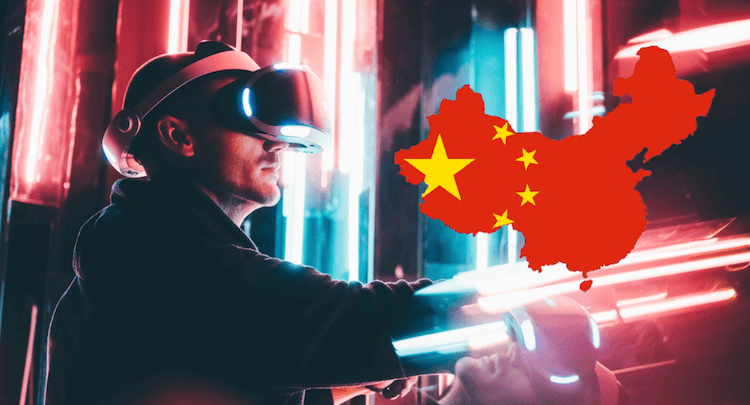In a move that has sent ripples across the virtual and real worlds alike, China recently announced its intention to integrate its Social Credit System (SCS) into the metaverse, a collective virtual shared space that has seen exponential growth and influence in recent years. This proposal poses numerous questions about digital rights, privacy, and how we might navigate our virtual identities in this brave new world.

The Basics of China’s Social Credit System
Before delving into the metaverse integration, it’s essential to understand the nature of China’s SCS. Initially introduced in 2014, the system allocates scores to citizens based on their behavior, both online and offline. Factors such as financial stability, traffic violations, and online comments contribute to an individual’s score, which can then influence their ability to access various services or even travel.
Merging Two Realities: Implications for the Online Landscape
The metaverse, a constantly evolving digital space, has always championed itself as a realm of unlimited potential, a utopia where real-world rules might not necessarily apply. However, China’s move could potentially blur this boundary. Here’s what this proposal could mean:
- Virtual Behavior, Real-world Consequences: Previously, what users did in the online spaces remained largely separate from their real-life identities. With the SCS integrated, every action in the virtual world could potentially influence a user’s real-world social score.
- Enhanced Surveillance: This proposal could see a rise in surveillance tools in the metaverse, monitoring users’ interactions, behavior, and virtual associations. It might also deter users from engaging in certain activities or expressing particular viewpoints, leading to self-censorship.
- Digital Discrimination: Similar to the real world, where individuals with low SCS scores might be denied certain services, users might face analogous restrictions in online realms. Virtual real estate, high-profile metaverse events, or access to specific digital domains could be off-limits for those with lower scores.
- Global Influence: The metaverse is a global phenomenon, with users from all over the world. China’s decision could potentially set a precedent for other nations to integrate similar systems or practices, leading to a global shift in metaversal norms and values.
A Mixed Bag of Reactions
As with any groundbreaking decision, the proposal has evoked a plethora of responses. Digital rights activists argue that this integration infringes upon the basic rights of users, turning the metaverse into a tool for enhanced governmental control. On the other hand, some believe that this could lead to a more orderly and safer digital space, reducing instances of virtual crime and misdemeanors.

What’s Next?
While the specifics of the proposal’s implementation remain under wraps, its announcement has undoubtedly initiated a global discourse on the future of the metaverse. As virtual and real-world boundaries continue to blur, the choices we make now will profoundly shape our digital future.
Stay updated with us for the latest updates on this unfolding story and everything metaversal!

